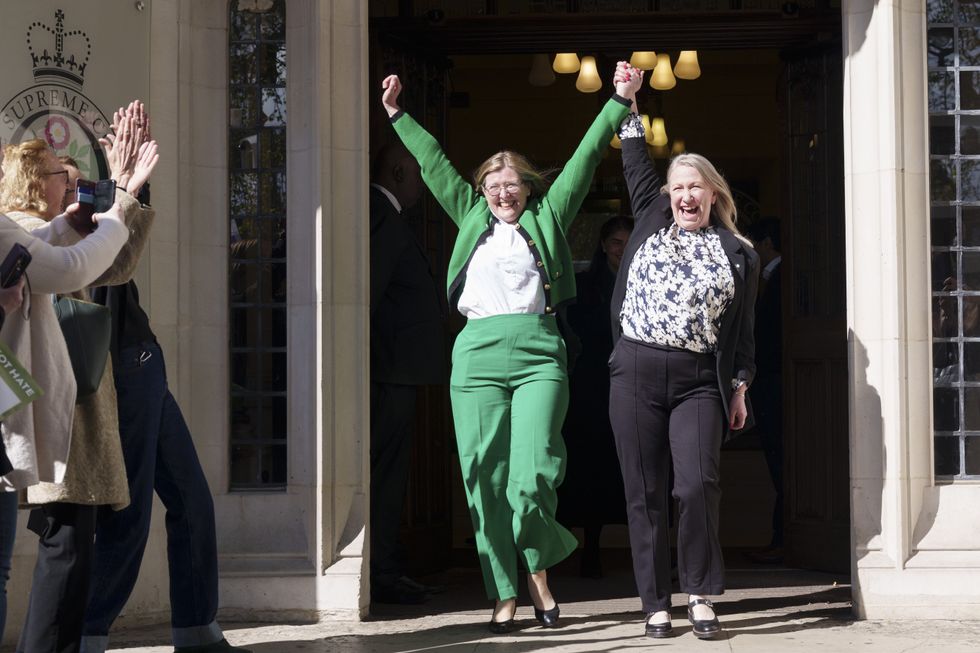Trans row: BBC staff can work from home as trans women continue to use women’s toilets

BBC staff can choose to work from home if they have concerns over biological males using female toilets.
The national broadcaster continues to allow transgender individuals to use either toilet as they say they are “not making any changes now, on the basis that we are waiting for approved Government guidance”.
Transgender staff members experiencing difficulties with available facilities can approach management or human resources to discuss their circumstances.
The broadcaster’s policy review indicates that whilst most BBC locations offer self-contained or unisex toilet facilities, employees with concerns about current arrangements may pursue remote working options as an interim measure.
This accommodation remains available as the corporation awaits official government guidance following the Supreme Court’s determination regarding sex definitions within equality legislation.
The Supreme Court determined in April that the Equality Act’s provisions relate to biological sex rather than self-declared gender identity.
Despite this landmark judgement, the BBC continues to permit individuals who are biologically male to access women’s toilet facilities, changing areas and showers.
The corporation maintains it will only modify its policies after receiving official government guidance on implementing the court’s decision, even though Sir Keir Starmer has encouraged public organisations to adopt the changes “as soon as possible”.
BBC staff can choose to work from home if they have concerns over biological males using female toilets
|
GETTY
This stance has created a situation where both transgender staff and female employees might seek remote working arrangements to circumvent workplace facility issues.
Shadow culture secretary Nigel Huddleston criticised the arrangement, arguing that “licence fee payers can’t be expected to bankroll a stay-at-home culture” at the BBC.
Analysis revealed that merely 5 per cent of BBC positions advertised publicly in December 2024 required full-time office attendance, demonstrating the corporation’s extensive flexible working practices.
These policies reflect broader national trends, with Britain identified as Europe’s remote-working capital earlier this year.
 In April, the Supreme Court ruled that the term ‘woman’ in the Equality Act was defined by biological sex | Getty
In April, the Supreme Court ruled that the term ‘woman’ in the Equality Act was defined by biological sex | Getty
Mr Huddleston argued that “as a publicly funded broadcaster, the BBC should be setting standards for performance and value, not lowering them”, emphasising that the corporation must prioritise “delivering for audiences and ensuring the best possible return for licence fee payers”.
The corporation’s internal guidance, obtained through a freedom of information request, reveals that staff members are advised to contact their line managers or human resources business partners regarding workplace arrangement concerns.
The BBC’s workplace strategy seeks to provide suitable bathroom facilities across its buildings, with plans to audit existing provisions to determine whether additional facilities are needed.
A BBC spokesman said: “Our priority is to ensure we provide facilities in the workplace that respect the needs and rights of all staff and visitors to our buildings, once guidance has been approved by Government.”
The broadcaster confirmed no official remote working guidance exists for these specific circumstances, noting that “each case would be considered on its own facts and explored with the relevant individual”.
Recent Top Stories
Sorry, we couldn't find any posts. Please try a different search.











